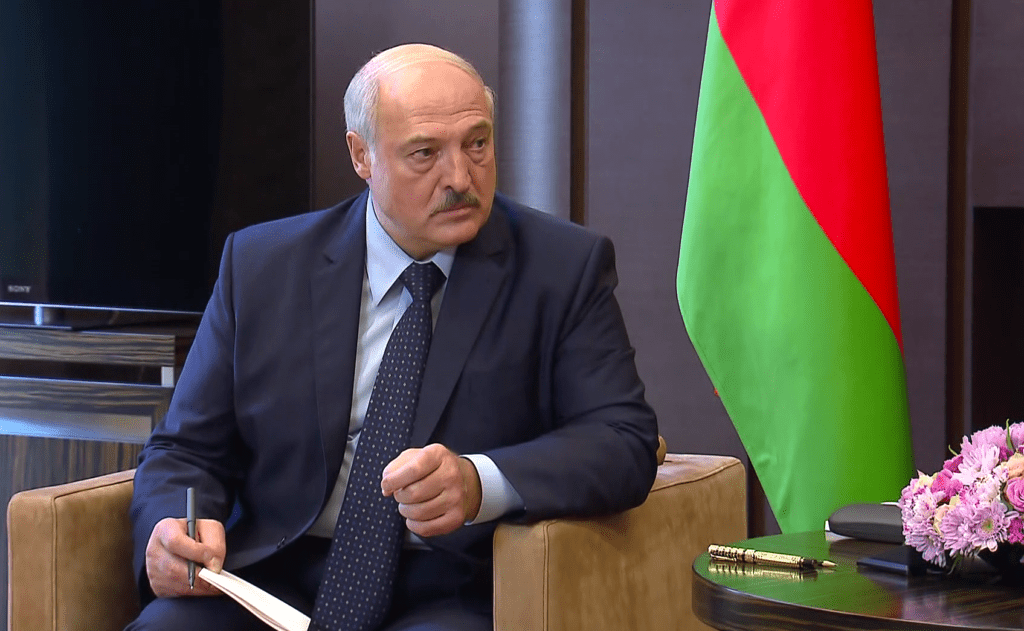Belarusian president Alexander Lukashenko will be targeted with sanctions by the European Union following months of protests and police violence.
Monday morning, Germany’s Foreign Minister Heiko Maas proposed to sanction Lukashenko, as his government “continues to exercise violence” and arrest “peaceful protestors”. Fellow EU foreign ministers agreed with him later in the day.
“We have to acknowledge that since our last meeting nothing has improved,” Maas said.
Last weekend, Belarusian police cracked down on protestors in Minsk with water cannons and stun grenades. Hundreds were arrested.
Lukashenko’s assets in the EU will be frozen, and he will receive a travel ban. In addition, the EU will scale back its financial support for the Belarusian government. The funds will instead be used to support the Belarusian people and civil society.
Related News
- Europe adopts long-standing sanctions against Belarus
- The mystery security guard who stifled EU sanctions on Turkey and Belarus
- Belarus: About 250 opposition demonstrators arrested
EU foreign ministers stated that “the EU stands ready to take further restrictive measures, including against entities and high-ranking officials, including A. Lukashenko”.
On 2 October, the EU imposed similar sanctions on 40 Belarus officials for the same issues, but not on Lukashenko. The officials were accused of political repression and rigging the elections that saw Lukashenko win his sixth term in a row. He has been serving as the president of Belarus since 1994.
Amée Zoutberg
The Brussels Times

